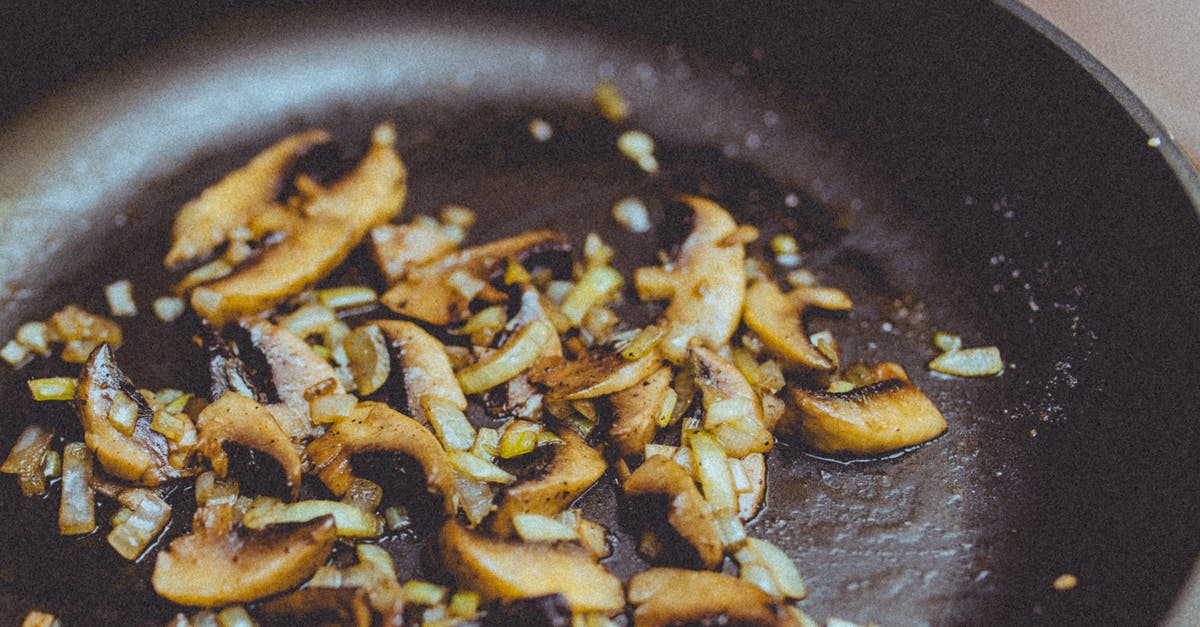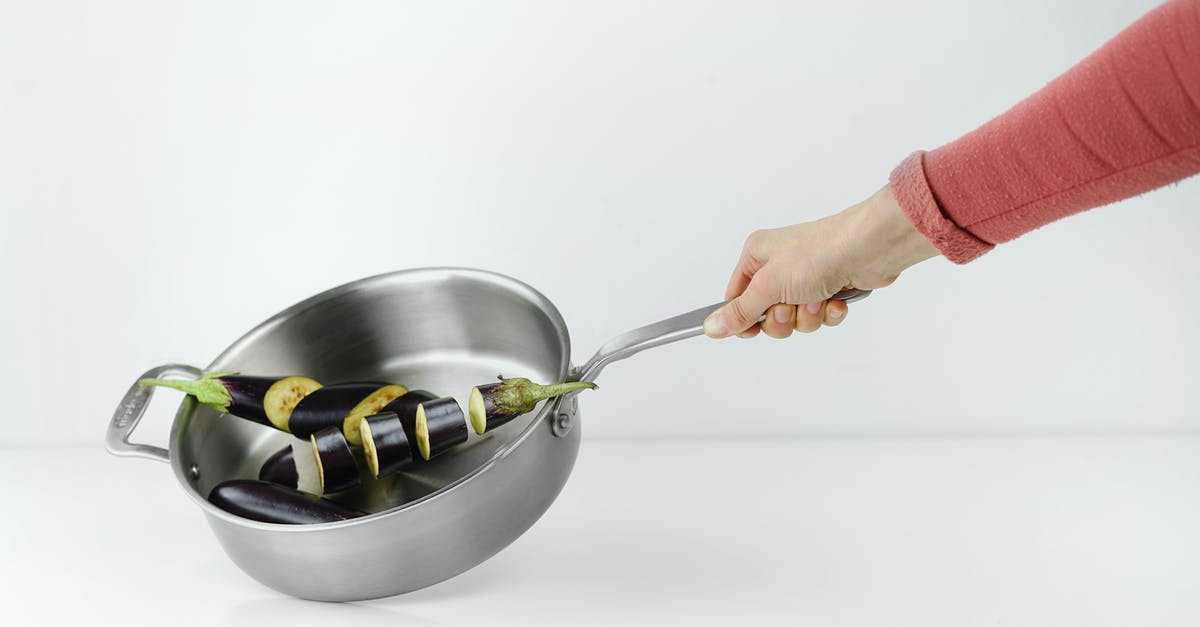What type of skillet is most suitable for vegetable frying/sautéeing?

I am a vegetarian and am wanting to buy a skillet. It's been a while since I last bought one and I am overwhelmed by the materials that exist. I am not sure which material would be most recommended for the following use case:
- The skillet will be mostly used for frying or sautéeing vegetables. No need to ever heat meat/fish.
- It will be exclusively used on a gas stove, and hand washed (does not need to be dishwasher-proof).
- Gas consumption is of my concern. Heating a huge chunk of metal only to shortly fry some vegetables seems like a huge waste. So whereas some websites recommend cast iron because it retains heat so well, I see this as a disadvantage, assuming it takes longer and more energy to actually get it hot.
- I would like the material to not stick too much, without using potentially hazardous non-stick materials such as Teflon/PFOA.
- I expect daily use. In an ideal world I could season/repair the pan if the non-stick properties somehow wear down (rather than having to throw it out after heavy use).
There are many materials listed on websites such as this one or this one but I am not sure how the listed pros and cons compare when primarily using the pan for vegetables.
Best Answer
You already know what there is to know. I'm afraid we can add no new information, you just have to make your choice.
- Vegetables only: this doesn't matter. Pans perform pretty much the same way for vegetables and meat. In a few very rare cases, you may notice that something which matters for different types of food is more pronounced with one of them, for example if a pan is prone to sticking, you will have more trouble with eggs than with other kinds of food. But in general, if you hear of something about a pan, it is valid no matter what you fry in it.
- handwashing: this doesn't reduce your choices either. Any pan can be washed by hand.
- Energy consumption: there is a strong correlation between the energy consumed and the quality of the food cooked. A thick cast iron pan, well preheated, will use the most energy but give you the tastiest food, and a thin aluminium pan will use the least energy and give you the least tasty food. Everything else falls in between. You seem to have made up your mind where your preferences are.
- Sticking: Here, you cannot win. You have excluded PTFE. The other real nonstick option are the new ceramics. The problem with them is that they lose their nonstickness after some months of use, even if you use them properly (while PTFE only uses them on overheating), and this contradicts your intention to keep the pan for a long time. The third option is a seasonable material, which means cast iron, forged iron, or blue steel. It is both less effective in nonstickness, and contradicts your requirement for low energy consumption. Everything beside these three provides you no help with sticking.
- If you want to repair a nonstick coating, you need either a pan which you will season yourself (see above), or a PTFE pan without wooden or plastic parts (handles, etc. - or at least they have to be removable) which you can send in for recoating.
We cannot comment on the claims in the websites you link, since they go in the direction of them being "unhealthy", which is off topic on our site.
Pictures about "What type of skillet is most suitable for vegetable frying/sautéeing?"



Which Pan Is Right For You?
More answers regarding what type of skillet is most suitable for vegetable frying/sautéeing?
Answer 2
For sautéeing vegetables you want to have a material that allows quick reaction of the pan when set on the stove and even more when reducing the heat. Meaning you need a material with low heat capacity but high heat conductivity. This requirement is supported as well by your concerns regarding gas consumption.
The material serving this purpose best is probably copper, that is popular for this reasons in professional kitchens especially in the French cuisine. To avoid direct contact of the possibly acidic food with the copper this cookware is available either with a traditional tin-lining which needs to be renewed from time to time or clad with a layer of stainless steel that does not require special maintenance.
Answer 3
A carbon steel pan or a regular stainless steel pan.
Or a wok.
Answer 4
As a lifetime vegetarian (47 years) and a frequent cooker of vegetables, I recommend a cast iron skillet. Yes, they take a bit longer/more gas to heat up. But it is easier to get well cooked food in a skillet with a larger heat capacity. I applaud the goal of reducing individual energy consumption. If you want to single-mindedly pursue that, try raw, solar cooked, or microwaved food. If you want to balance that goal with tasty food, which you probably do if you want a skillet, then choose a heavier skillet. Cast iron is nice because it doesn't have chemicals to come off in your food, it contributes some iron to your diet (good for vegetarians) and it is heavy enough to have a good heat capacity.
That said, if you want to try a lighter skillet, get one that is stainless steel with no coating. The thinner/lighter it is the more you need to pay attention to your food and keep stirring it to prevent burning. So the thicker the pan, the more leeway you have to chop up one more thing while the first one is cooking. But if you don't get your veggies too hot, and you are there stirring them, they probably won't stick. You can splash some water/wine/other liquid into them if they start to stick. So you could get a medium weight stainless skillet for ease of prep or a really thin one if you are an attentive cooker. With stainless you can dump in a bunch of water for a stew without stripping the seasoning.
Eggs and pancakes/crepes are really the only vegetarian foods that I can think of that ever stick without burning. Sufficient fat in the pan helps for either kind of pan. I find eggs much less likely to stick to seasoned cast-iron than to stainless steel, so if you cook a lot of eggs, back to the cast-iron. If its really just veggies, you can go either way.
Sources: Stack Exchange - This article follows the attribution requirements of Stack Exchange and is licensed under CC BY-SA 3.0.
Images: Pixabay, Toa Heftiba Şinca, Pixabay, Toa Heftiba Şinca
